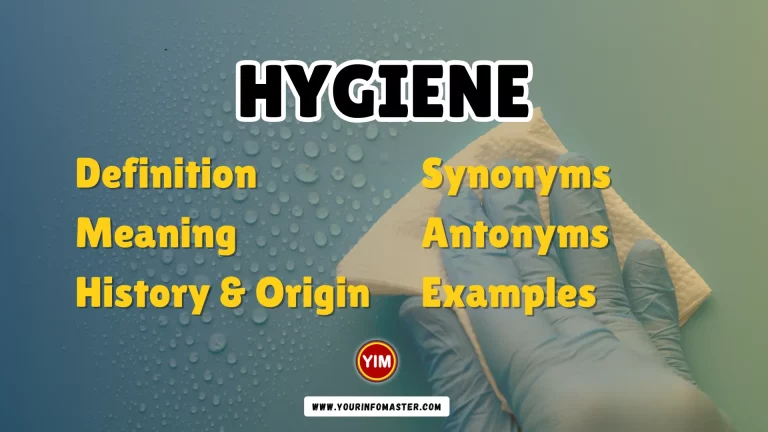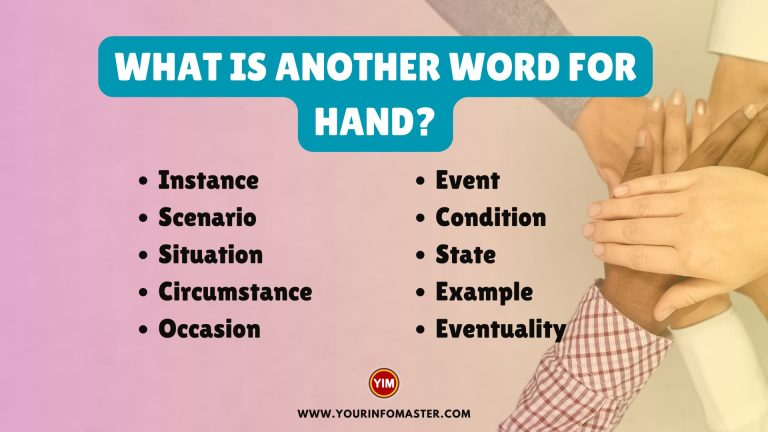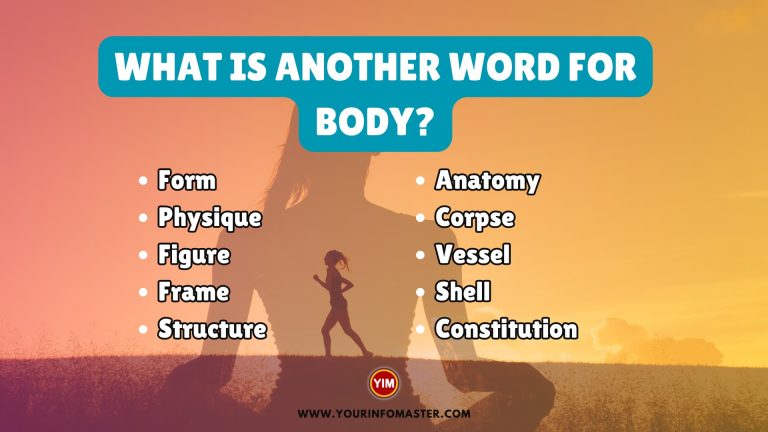In this article, I am going to explain the Spanish verb Tener Conjugation, Tener synonyms, Example Sentences with Tener, Antonyms for Tener, meaning and translation.
In the vibrant tapestry of the Spanish language, the verb “tener” holds a special place, representing not just possession but a myriad of meanings. From indicating age and expressing physical sensations to conveying obligations and desires, “tener” weaves through our conversations, enriching them with depth and nuance. Join us on a journey through the conjugation, meaning, and significance of “tener,” a verb that transcends mere possession.
Check also: Spanish Verb Preferir Conjugation, Meaning, Translation, Examples
Origin and History of Tener
The Spanish verb “tener” traces its origins back to the Latin word “tenere,” which also meant “to have” or “to hold.” As the Spanish language evolved, “tener” expanded its realm of meanings, encompassing various facets of possession and existence.
What is the Meaning of Tener?
“Tener” primarily denotes possession or ownership of an object or a quality. However, its versatility goes beyond possession, as it is also used to express age, physical sensations, and more abstract concepts like obligations and emotions.
Real-World Examples
Example 1: Tengo un perro como mascota. (I have a dog as a pet.)
Here, “tengo” indicates possession of a dog, showcasing the primary meaning of the verb.
Example 2: Tenemos que estudiar para el examen. (We have to study for the exam.)
In this instance, “tenemos” expresses the obligation to study for the exam.
List of Synonyms for Tener
- Poseer (to possess)
- Contar con (to count on)
- Conservar (to keep)
- Albergar (to harbor)
- Mantener (to maintain)
- Sentir (to feel)
- Experimentar (to experience)
- Cumplir (to turn (age))
- Llevar (to carry)
- Sufrir (to suffer)
Sentences including Tener
- Tengo una bicicleta nueva. (I have a new bicycle.)
- ¿Cuántos años tienes? (How old are you?)
- Ella tiene miedo a las alturas. (She is afraid of heights.)
- Tenemos una reunión mañana. (We have a meeting tomorrow.)
- ¿Tienes hambre? (Are you hungry?)
- Tienen dos hijos adorables. (They have two adorable children.)
- Mi hermano tiene frío en invierno. (My brother feels cold in winter.)
- Tengo que estudiar para el examen. (I have to study for the exam.)
- ¿Tienes sed? (Are you thirsty?)
- Tienen la oportunidad de viajar por el mundo. (They have the opportunity to travel the world.)
Check also: Spanish Verb Decidir Conjugation, Meaning, Translation, Examples
Tener Present Indicative
- Yo tengo (I have)
- Tú tienes (You have)
- Él/Ella/Usted tiene (He/She/You have)
- Nosotros/Nosotras tenemos (We have)
- Vosotros/Vosotras tenéis (You all have)
- Ellos/Ellas/Ustedes tienen (They/You all have)
Tener Preterite Indicative
- Yo tuve (I had)
- Tú tuviste (You had)
- Él/Ella/Usted tuvo (He/She/You had)
- Nosotros/Nosotras tuvimos (We had)
- Vosotros/Vosotras tuvisteis (You all had)
- Ellos/Ellas/Ustedes tuvieron (They/You all had)
Tener Imperfect Indicative
- Yo tenía (I used to have)
- Tú tenías (You used to have)
- Él/Ella/Usted tenía (He/She/You used to have)
- Nosotros/Nosotras teníamos (We used to have)
- Vosotros/Vosotras teníais (You all used to have)
- Ellos/Ellas/Ustedes tenían (They/You all used to have)
Tener Future Indicative
- Yo tendré (I will have)
- Tú tendrás (You will have)
- Él/Ella/Usted tendrá (He/She/You will have)
- Nosotros/Nosotras tendremos (We will have)
- Vosotros/Vosotras tendréis (You all will have)
- Ellos/Ellas/Ustedes tendrán (They/You all will have)
Tener Periphrastic Future Indicative
- Yo voy a tener (I am going to have)
- Tú vas a tener (You are going to have)
- Él/Ella/Usted va a tener (He/She/You are going to have)
- Nosotros/Nosotras vamos a tener (We are going to have)
- Vosotros/Vosotras vais a tener (You all are going to have)
- Ellos/Ellas/Ustedes van a tener (They/You all are going to have)
Tener Conditional Indicative
- Yo tendría (I would have)
- Tú tendrías (You would have)
- Él/Ella/Usted tendría (He/She/You would have)
- Nosotros/Nosotras tendríamos (We would have)
- Vosotros/Vosotras tendríais (You all would have)
- Ellos/Ellas/Ustedes tendrían (They/You all would have)
Tener Present Progressive/Gerund Form
- Yo estoy teniendo (I am having)
- Tú estás teniendo (You are having)
- Él/Ella/Usted está teniendo (He/She/You are having)
- Nosotros/Nosotras estamos teniendo (We are having)
- Vosotros/Vosotras estáis teniendo (You all are having)
- Ellos/Ellas/Ustedes están teniendo (They/You all are having)
Tener Past Participle
The past participle of “tener” is “tenido,” used to form compound tenses like the present perfect.
Tener Present Subjunctive
- Yo tenga (I have)
- Tú tengas (You have)
- Él/Ella/Usted tenga (He/She/You have)
- Nosotros/Nosotras tengamos (We have)
- Vosotros/Vosotras tengáis (You all have)
- Ellos/Ellas/Ustedes tengan (They/You all have)
Tener Imperfect Subjunctive
- Yo tuviera/tuviese (I had)
- Tú tuvieras/tuvieses (You had)
- Él/Ella/Usted tuviera/tuviese (He/She/You had)
- Nosotros/Nosotras tuviéramos/tuviésemos (We had)
- Vosotros/Vosotras tuvierais/tuvieseis (You all had)
- Ellos/Ellas/Ustedes tuvieran/tuviesen (They/You all had)
Check also: Spanish Verb Divertirse Conjugation, Meaning, Translation, Examples
Tener Imperative
- Affirmative:
- Tú ten (Have)
- Vosotros/Vosotras tened (You all have)
- Negative:
- Tú no tengas (Don’t have)
- Vosotros/Vosotras no tengáis (You all don’t have)
Conclusion
In conclusion, the Spanish verb “tener” transcends its primary meaning of possession to express a plethora of concepts like age, physical sensations, and obligations. Its conjugation is essential for any Spanish learner, enabling them to navigate diverse conversations with ease and precision. As you continue your journey with Spanish, embrace the multifaceted nature of “tener,” for it holds the key to unlocking a world of expression and connection. Happy learning!
If you really enjoyed the article about “Spanish Verb Tener Conjugation,” then I would be very grateful if you’d help it spread by emailing it to your friends or sharing it on Twitter, Instagram, or Facebook. Thank you!
Have you read “Example Sentences with Tener?” Which of these blogs are you reading, and how is it similar to one of them?
Read More
- What is another word for Cheerful? | Cheerful Synonyms, Antonyms and Sentences
- What is another word for Couple? | Couple Synonyms, Antonyms and Sentences
- Spanish Verb Estar Conjugation, Meaning, Translation, Examples
- Spanish Verb Ir Conjugation, Meaning, Translation, Examples
- Spanish Verb Hacer Conjugation, Meaning, Translation, Examples
- Spanish Verb Ser Conjugation, Meaning, Translation, Examples
- What is another word for Consult? | Consult Synonyms, Antonyms and Sentences
- What is another word for Cancer? | Cancer Synonyms, Antonyms and Sentences
- What is another word for Colleague? | Colleague Synonyms, Antonyms and Sentences
- What is another word for Cozy? | Cozy Synonyms, Antonyms and Sentences
- What is another word for Cloud? | Cloud Synonyms, Antonyms and Sentences
- What is another word for Collective? | Collective Synonyms, Antonyms and Sentences
- What is another word for Classical? | Classical Synonyms, Antonyms and Sentences
- What is another word for Clarity? | Clarity Synonyms, Antonyms and Sentences
- What is another word for Charity? | Charity Synonyms, Antonyms and Sentences
- What is another word for Catch? | Catch Synonyms, Antonyms and Sentences
- Spanish Verb Averiguar Conjugation, Meaning, Translation, Examples







